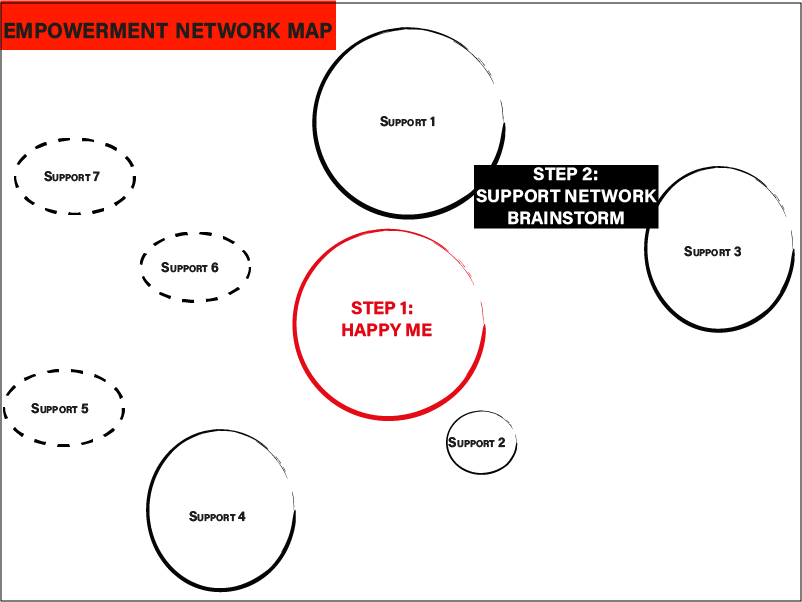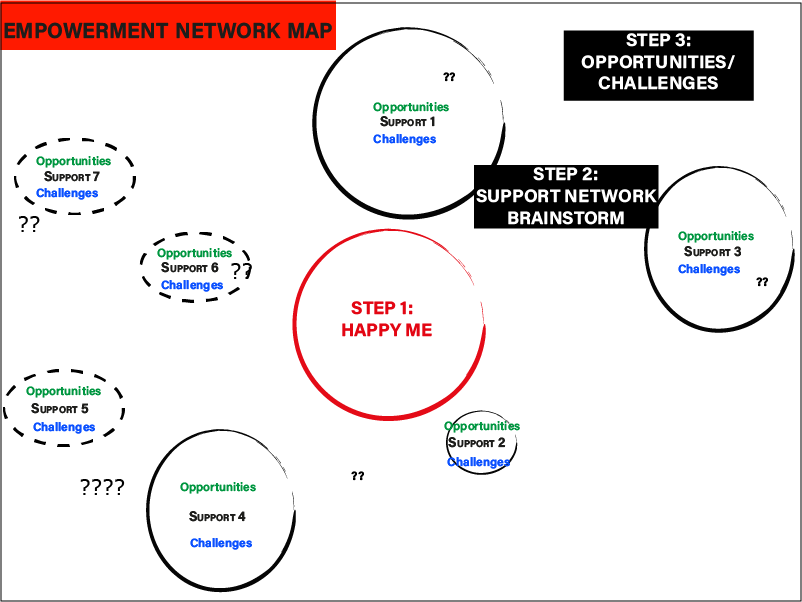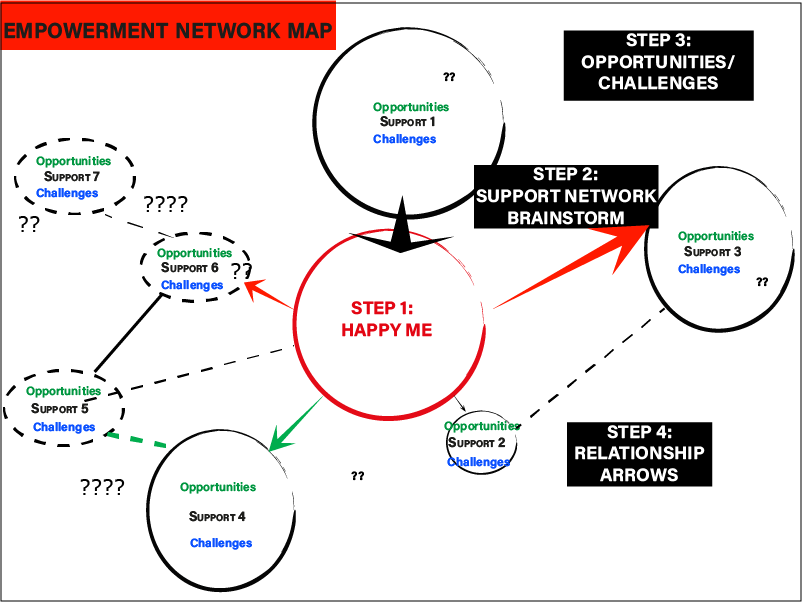NOTE: All the below is provision and in process of development. All tool names and content for discussion. USAID, EWMI and Ukuk Bulagy branding to be added to this page together with outputs from the project as requested by USAID and EWMI once content is finalised and approved.
Ukuk Bulagy Initiative in Kyrgyzstan
The Rule of Law and Anti-Corruption (RoLAC) Activity, also known as “Ukuk Bulagy” or “UB” implemented by the non-profit organization EWMI with financial support from USAID, aims to support the Kyrgyz justice system, civil society, and citizenry through various justice-related reforms.
Ukak Bulagy seeks to strengthen the rule of law and combat corruption by adopting a people-centred justice approach that addresses the legal needs of individuals. Prioritizing gender equality, women’s empowerment, and adaptive learning, the project focuses on reducing gender and other barriers that hinder access to justice for vulnerable population groups. It also aims to enhance the role of women in the field of justice, which contributes to the reduction of gender-based violence and the promotion of gender equality principles.
As part of the project implemented by the Kyrgyz Association of Women Judges, “Expanding the Rights and Opportunities of Women and National Minorities in Access to Justice”, training events were conducted to increase the gender sensitivity of judges using the GALS methodology. This experience highlighted the need for a universal training manual for legal service providers, focusing on gender stereotypes, their impact on professional activities, methods of overcoming biases, enhancing competency in handling cases related to gender and family violence, changing attitudes towards the problems, and improving the quality of services provided, ensuring effective support for victims of violence.
Empowerment Against Violence Resources for Legal Professionals
The “Ukuk Bulagy” initiative strives to foster a deep understanding of GBV issues, encourage empathetic approaches among legal professionals, and equip them with practical tools for addressing and mitigating GBV in their professional roles.
In collaboration with GALS author Dr. Linda Catherine Mayoux it is developing GBV training resources to:
- address both personal behaviour and broader legal issues
- enhance the gender sensitivity and legal acumen of practitioners, including judges, prosecutors, and lawyers.
- provide comprehensive GBV education
- promote behaviour change among participants
- distribute and use Ukak Bulagy resources within various legal training institutions,
The project seeks to ultimately distribute the developed manual to training institutions for a sustainable GBV-focused initiative , enhancing the overall capacity to address GBV effectively in Kyrgyzstan.
Why Bukuk Ulagy? Gender-based violence and justice system in Kyrgyzstan
increased Gender-based violence in Kyrgyzstan
Gender-based violence at all levels of society is a global ‘hidden pandemic’ affecting women and men in all countries of the world. Domestic Violence affects all levels of society, including legal and law enforcement agencies.
In Kyrgyzstan there has been a significant increase in domestic violence cases registered:
- 2023 registered cases of domestic violence 13104 i.e. 32.6% increase from 2022
- Of 11,357 temporary protection orders issues for domestic violence 97.1 per cent were issued against men (+2632 from 2022)
- O these cases 10,884 (8225) women victims, 275 (290) men, 198 (210) minors: 80 (88) boys 118 (122) girls.
But prosecutions are rare. Of 591 registered criminal cases under the Criminal Code in 2023:
- 391 were sent to court
- 147 pre-trial proceedings were terminated
- 53 were in progress.
underlying causes of GBV and reluctance to approach support in Kysrgyzstan
Underlying GBV in many countries are practical barriers that women face to accessing justice:
- Limited financial resources
- Limited social support
- Childcare responsibilities
- Nowhere to go
- Fear of retaliation
- Lack of trust in law enforcement.
Research with Focus Groups in Kyrgyzstan by Jigerduu Jarandar in 2023 for USAID found that underlying the failure to bring perpetrators to court are prevailing social norms around gender inequalities in rights and responsibilities in the family:
- Wives are expected to defer to the authority of the marital family
- Wives are expected to do all of the household work and prioritize this work
- It is not acceptable for wives to go places without their husband’s consent.
- It is not socially acceptable for those outside of the family unit to discuss or get involved in family issues.
- Husbands are expected to maintain the family reputation
- It is socially acceptable for men to use physical force to discipline their wives.
- While legally divorce exists as an option for women, it remains socially highly unacceptable
EAV Methodology Framework and Tools
Empowerment Against Violence is a GALS-based methodology to work with women and men of all ages, within families, communities and institutions to examine and address different forms of Gender-based violence.
Participants do their own personal confidential drawings, encourage other members of their family and community to do their own personal confidential drawings. These then form the basis for discussion and negotiation on equitable ways forward.
The immediate focus is on violence in the wider family and household domestic violence. The tools can also be adapted to address gender-based violence in the wider community and within organisations.
Empowerment Against Violence uses the generic PALS Change Journey Diagram Template as its overarching framework. This is built up as a personal and collective plan for change through use of other tools:
- Tool 1: Family Peace Soulmate Vision
- Tool 2: Freedom from Violence Diamond
- Tool 3: Violence Challenge Action Tree
- Tool 4: Empowerment Support Network Map
- Tool 5: Empowerment Against Violence Change Journey
what is distinctive about the gamechange approach
GBV negatively affects perpetrators as well as victim/survivors
Women are intelligent agents of development: Women are not seen as ‘victims of subordination in need of consciousness-raising’ but as intelligent actors who already have aspirations and strategies but need collective and organisational support to better realise these.
Men are allies in change: Men are not seen as stereotypical monsters and problems, but as potential partners in a process of change and pursuit of justice who also need support in order to go against established attitudes and patterns of behaviour to work for a better world.
Start with the individual: The process first catalyses individual changes, giving people the skills to reflect on their personal situation as the basis then for collective reflection at group and/or community levels.
Respect difference: GALS starts by clarifying differences, and acknowledging the potential for conflict, before negotiating these into a consensus, or at least acceptance of the need to acknowledge and adapt to different interests.
Focus on action: Every learning ‘event’ focuses on tangible actions for change which can be taken by individuals immediately, before waiting for other actions identified at group and institutional levels.
Peer learning network: Every learning event contributes to building capacities and systems for ongoing peer action learning as the basis for a sustainable process of change.
Gender justice is non-negotiable: Gender justice and rights-based principles are non-negotiable and underlie the way in which process is facilitated, and the types of actions which are supported by development agencies. Although the main focus is on promoting constructive communication between women and men, the ultimate aim is removal of all forms of gender discrimination and empowerment of women and men to realise their full human potential. In some cases this requires strategic negotiation of conflicts of interest in favour of women’s rights.
EAV Adaptation for Bukuk Ulagy
The Ukuk Bulagy adaptation of the EAV methodology is based on the needs of this particular participant group:
- Professional familiarity with many of the issues and ability to contribute their own knowledge of GBV to participatory discussions
- Highly educated and need for high level of conceptual and factual information
- Limited? High? exposure to visual communication skills?
- Very limited time availability
- Skills and devices to engage in social networks
proposed content and schedule
- Workshop Day 1: What is Freedom from Violence? Visions, Concepts and Challenges
- Homework and on-line social media network moderated by Association of Women Judges???
Workshop Day 1: What is Freedom from Violence? Visions, Concepts and Challenges
aims
- Each participant to draw their Family Peace Soulmate Vision updated with ideas from the Freedom from Violence Diamond
- Participatory sharing of visions for freedom from violence and elimination of gender-based violence in Kyrgyzstan
- Introduce the methodology and workbook
- Develop visual communication and diagramming skills
- Establish participatory learning as a fun process
- Establish contacts and process for a peer learning and support network of legal professionals around GBV
- Explain homework and workbook homework tasks
- Explain the aims and schedule of Workshop Day 2 and agree practicalities for that.
Schedule
- 9-10 am Pairwise introductions then facilitator clarification and introduction
- 10 – 11 am Freedom from Violence: Soulmate Visioning
- 11am – 11.30 Break
- 11.30 – 1.00 Freedom from Violence Diamond group work
- 1.00 – 2.00 Lunch
- 2.00 – 3.00 Freedom from Violence Diamond group work continued
- 3.00 – 4.00 Freedom from Violence Diamond plenary
- 4.00 – 4.30 Break
- 4.30 – 5.00 Explanation of homework
Tool 1: family peace Soulmate Vision

Men’s Visions for Change at GALS Catalyst Workshop, Naryn Kyrgyzstan 2016
A life vision drawing that includes not only dreams of nice houses and new businesses, but an awareness of the wider social context necessary for their achievements in terms of equality and fairness in family relationships and their community including environmental sustainability.
Tool 2: Freedom from Violence Diamond
The Freedom from Violence Diamond places GBV within the wider context of human rights of women/girls and men/boys and what freedom from violence means for them. It then identifies different types of violence affecting women and men in families and communities and priorities for change.
This can be done as an individual reflection or group exercise. For the group activity, participants are divided into 4-6 separate groups by gender, age and marital status.
Homework: Causes, Actions and Networks: Personal Reflection in Workbook and Social Media Peer Discussion
Instructions for the tools and blank sheets to fill in will be provided in the participant workbook. It is the task of the facilitator to inspire participants to do this homework – using either their own personal situation and discussing within their families or examples from their professional practice.
Those participants who do the homework should be rewarded in some way – eg a competition prize or some other form of social recognition for contribution to discussions on Workshop Day 2.
It is envisaged that the facilitator would also moderate a social media discussion on the topics – bearing in mind the safe-guarding requirements surrounding all work on gender-based violence.
Tool 3: Family Violence Challenge Action Tree
The Violence Challenge Action Tree analyses the causes of priority types of violence, potential solutions and action commitments.
This can be done as an individual reflection or family exercise. EACH PERSON ONLY FILLS IN THE ROOT THAT REFERS TO THEM – CONFIDENTIALLY. Other family members will fill in their own tree. These will then be shared and negotiated.
Tool 4: Empowerment Support Network Map
The Empowerment Support Network Map analyses the range of potential family, community and institutional support networks who can work together to address violence issues.
This can be done as an individual reflection or family exercise. EACH PERSON will confidentially fill in their support network tree. These will then be shared and negotiated.
Workshop Day 2: Personal and Collective Action Plan
aims
- Share ideas and information from the homework exercises
- Give space to participants to reflect on the issues, particularly their own action commitments and the support networks.
- Introduce the Change Journey tool and develop personal plans either for the family or their professional work.
- Reinforce contacts and process for a peer learning and support network of legal professionals around GBV
- Agree next steps for sustainability, focusing on the social media and coming month.
Schedule
- 9-10 am Pairwise recap of homework experience then facilitator clarification and introduction
- 10 – 11 am Group activity on Homework Tools
- 11am – 11.30 Break
- 11.30 – 1.00 Plenary Feedback of Homework Tools
- 1.00 – 2.00 Lunch
- 2.00 – 3.00 Empowerment Against Violence Change Journey – personal
- 3.00 – 3.30 Break
- 3.30 – 5.00 Empowerment Against Violence Change Journey – collective sustainability plan
Morning: Participatory plenary feedback
This could use the participatory group ‘charades’ approach. Participants could choose which tool they wish to focus on.
Groups could be completely mixed gender, age and seniority, 2 groups for each of Tools 3 and 4.
The morning would end with the 2 plenary presentations. This would enable people who did the homework to get recognition. But people who – for whatever reasons – did not do the homework are still brought along and engage with the issues in order to progress to Tool 5.
Tool 5: Empowerment Against Violence Change Journey
The Change Journey brings all the other tools together into a strategy and plan for change that participants will implement and track themselves.
This could be a personal change journey for their families, or a career progression to lead change within the legal environment. It could also be a ‘Multilane Highway Change Journey’ that combines different levels of change: personal, family and institutional.
The day should end with a plan for immediate collective follow up within the next month.
Sustainable Change: Reflect, Track Share
Proposed Resource Pack in print and on-line versions
Empowerment Against Violence Workbook for workshop participants and on-line download.
This workbook should be an attractive and fun publication with lots of illustrations, drawings and anecdotes from actual workshops.
Ideally this would be a folder or ring binder with:
- 1 page basic statistics on GBV and access to justice in Kyrgyzstan
- 1 page GBV definitions used in Kyrgyzstan and/or UN
- 1 page on women’s human rights in Kyrgyzstan/CEDAW
- 2 page spread overview of GALS approach to EAV
- 5 Tools x 2 page with illustrations of each step and very concise instructions.
- Blank workbook and blank pages for participants and also their families to fill in.
To be rough-drafted by Linda with Ukuk Bulagy team and progressively developed with workshop participants during a 6 month pilot.
Powerpoint Training resources on-line
A downloadable screen version of the workbook to enable workshop participants to facilitate the methodology without external support from the originators of the methodology. Probably as a modular linked folder with separate files for overview and each tool. Available also as downloadable pdf for pc or tablet.
It would be good also to have some large printouts of some good diagram examples to paste on the wall to set the scene and mood for participants to see as they enter the room.
Again this would need to be developed with the participants and users. Attractive and fun with lots of photographs, illustrations, drawings, anecdotes and video clips from actual workshops. Bearing in mind the need for safeguarding participants.
To be rough-drafted by Linda with Ukuk Bulagy team and progressively developed with workshop participants during a 6 month pilot.
With facilitation notes added as Speaker Notes by Asel, Women Judges and any other facilitators.
Change Journeys: ongoing reflection
Change Journeys are ‘live plans’ that are tracked over time to assess progress, and also to reflect on reasons for progress or lack of it. All the other diagrams should be periodically reviewed on both individual and collective levels for progress – turning green elements red. Identifying new targets and actions in green.
Change Movement: social media networking
The on-line network should be ongoing and growing the support networks.
This could focus on collecting available information and resources and updating the Empowerment Support Network Map.
Ideally this would also allow for face-to-face meetings self-funded by participants or from funding raised by members.
Ensure safe-guarding
Violence is real. Participants may be extremely vulnerable if they publicly disclose certain types of information. It is therefore important throughout this process that:
All personal diagrams are treated as confidential and people are given physical space to fill them in in private. If change is to happen then it is important that the reflections that these diagrams provoke are deep and honest – both for survivor victims and perpetrators. It is also important that the diagrams should be seen as an ongoing reflection where understandings and perspectives should change over time.
Any workshop should not be just a one-off exercise. Group and plenary activities should be fun, with participants sharing only what they feel comfortable with. Facilitators should be experienced in dealing with issues of violence and able to refer people if serious issues or conflicts arise.
Song written by participants from GALS Catalyst workshop, Naryn 2016



























